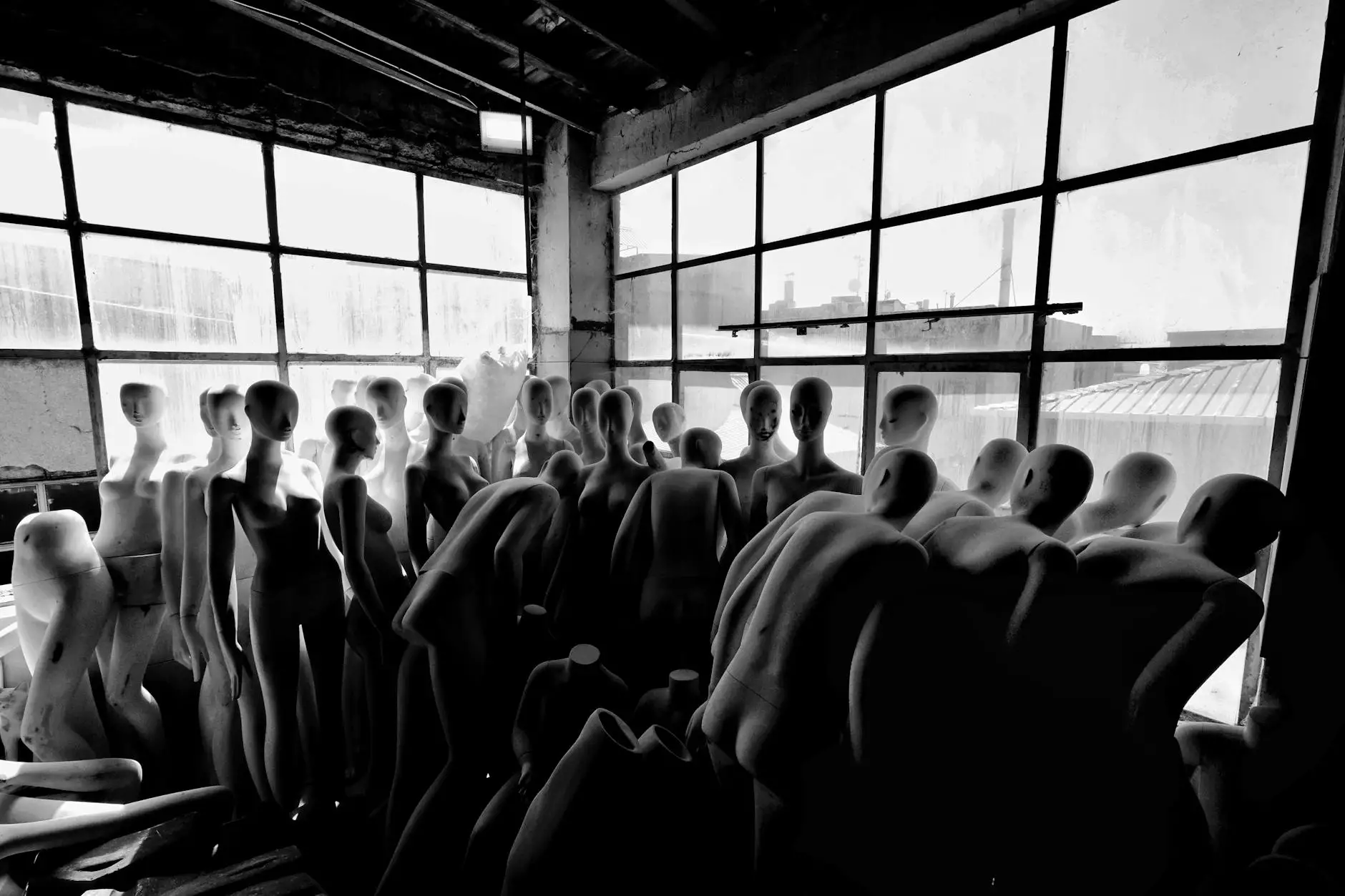The Crucial Role of Death Cleanup Jobs in Biohazard Management

In today's world, the importance of specialized cleanup services cannot be overstated. Among these, death cleanup jobs hold a significant place, ensuring that environments affected by biohazards are restored to a safe and healthy condition. This article delves deep into the significance of these jobs, the skills required, and the broader implications for communities.
Understanding Death Cleanup Jobs
Death cleanup jobs involve the meticulous cleaning and restoration of areas where a death has occurred. This can range from unattended deaths to traumatic incidents, all of which leave behind biological matter that can be hazardous to human health. Professionals in this field, often referred to as biohazard cleanup technicians, are trained to handle such sensitive situations with dignity and care.
The Scope of Work
The duties of a death cleanup technician extend far beyond simple cleaning. Their responsibilities include:
- Assessment: Evaluating the scene to determine the extent of contamination.
- Planning: Developing a detailed cleanup plan that follows regulatory guidelines.
- Biohazard Removal: Safely removing hazardous materials and biohazardous substances.
- Disinfection: Thoroughly disinfecting the area to eliminate any health risks.
- Restoration: Restoring the environment to a safe condition, which may include repairs or painting.
Why Death Cleanup Jobs are Essential
The necessity of death cleanup jobs is underscored by the health risks associated with biohazards. Failing to adequately address these risks can lead to serious health implications for those who may come into contact with contaminated areas. Here are a few reasons why these jobs are integral to community safety:
Health and Safety
Exposure to biological materials can lead to diseases, infections, and long-term health problems for individuals. Trained professionals ensure that all hazardous materials are safely handled and disposed of according to local, state, and federal regulations.
Emotional Impact
The aftermath of a death can be traumatic for family members and friends. Professionals in this field not only provide essential cleanup services but also offer compassion and support during difficult times, helping families navigate the emotional and physical aftermath of loss.
The Skills Required for Death Cleanup Jobs
Entering this profession requires a specific skill set that includes technical know-how, compassion, and resilience. Some of the key skills include:
- Technical Proficiency: Understanding contamination protocols and safe disposal methods.
- Attention to Detail: Ensuring that no hazardous materials are overlooked.
- Physical Stamina: Handling potentially strenuous tasks in challenging environments.
- Emotional Stability: Maintaining composure in sensitive situations.
- Communication Skills: Effectively interacting with clients, emergency services, and other involved parties.
The Economic Benefits
Death cleanup jobs also bring economic benefits to communities. Professional biohazard cleanup companies contribute to:
Job Creation
As demand for biohazard cleanup services increases, so does the need for skilled technicians. This creates jobs and stimulates local economies.
Property Value Maintenance
Ensuring that properties are cleaned and restored after traumatic events helps maintain their value and keeps neighborhoods safe. Biohazard cleanup services protect community integrity and property values by preventing decay and deterioration.
Choosing the Right Company
When seeking death cleanup jobs or services, it is essential to choose a reputable company that adheres to industry standards. Biohazard Plus, located at biohazardplus.com, is a leading provider of biohazard cleanup services. Here’s why selecting a professional service is paramount:
- Certification and Training: Reliable companies ensure their staff are appropriately trained and certified in biohazard management.
- Insurance Coverage: Professionals carry liability insurance to protect clients and themselves.
- Discretion and Compassion: Quality services should prioritize client confidentiality and show empathy during sensitive times.
The Future of Death Cleanup Jobs
As society continues to recognize the importance of health and safety, the demand for death cleanup jobs is expected to grow. With advances in technology and techniques for biohazard cleanup, professionals will have even better tools and resources at their disposal.
A Growing Industry
The biohazard cleanup industry is evolving, and new regulations are continuously emerging. This evolution presents ongoing opportunities for professionals willing to adapt and upgrade their skills. Workshops and advanced training sessions are becoming increasingly available, equipping technicians with the knowledge to handle various scenarios effectively.
Community Engagement
Community awareness about biohazard issues is on the rise, leading to more resources being allocated for education and prevention. Companies like Biohazard Plus are at the forefront of these initiatives, working to ensure communities are informed about the importance of safe and effective cleanup processes.
Conclusion
In summation, the field of death cleanup jobs is not only about the technical aspects of cleaning but also encompasses compassion for those affected by loss and the broader implications for public health. As the industry continues to grow, so too does the recognition of its importance in maintaining safe and healthy environments.
By understanding the critical role these jobs play, communities can better appreciate the services offered by professional biohazard cleanup companies like Biohazard Plus, who are dedicated to ensuring safety, compassion, and environmental integrity in our shared spaces.
© 2023 Biohazard Plus. All rights reserved.









